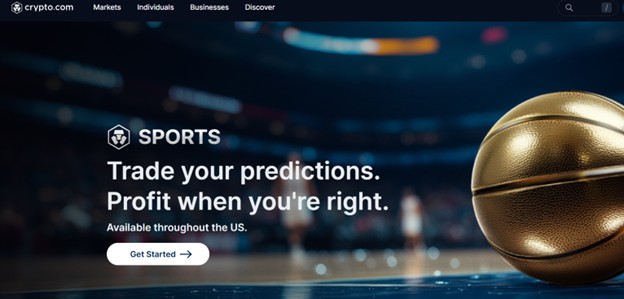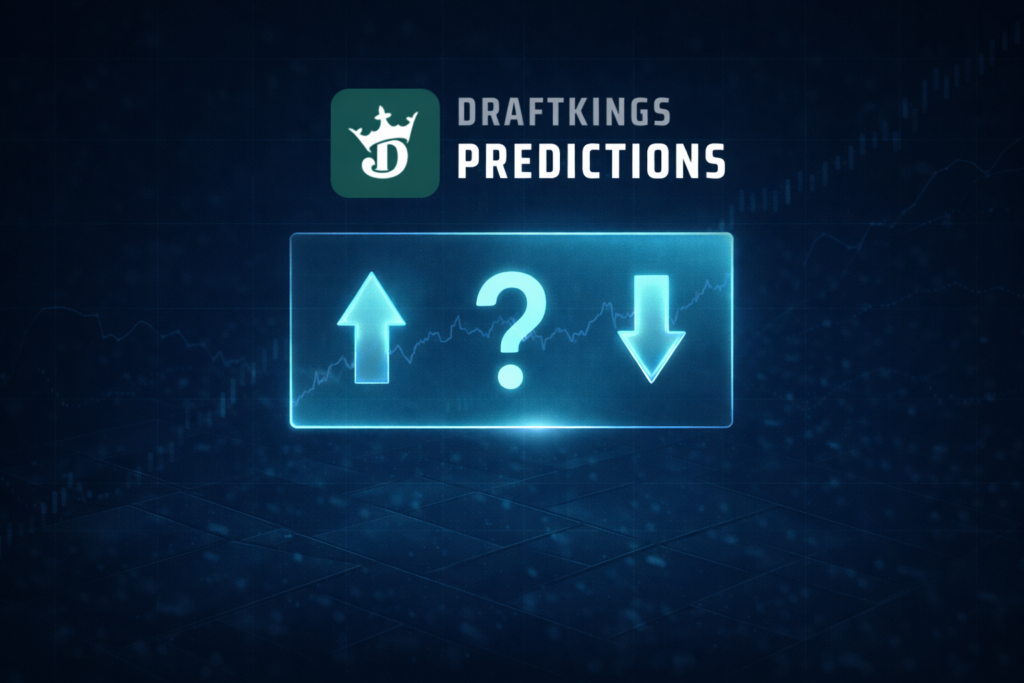Prediction markets are dangerously blurring the line separating gambling and investing, Schwab CEO Rick Wurster cautioned this week.
CFTC-approved prediction markets can certainly be used as legit financial instruments, but it’s their venture into sports, and the messaging behind it, that’s causing concern. Sports event contracts, synonymous with sports wagers, are being offered on an increasing number of financial trading platforms.
“Only 5% of the people that go on gambling apps pull out more money than they put into the gambling app — it is the opposite of the benefits of being a long-term investor,” Wurster said during his keynote at Schwab IMPACT in Denver on Wednesday, per Investment News.
“I hope as an industry, we’re able to tell the story to clients about the difference between gambling and investing. I just don’t want young people in our country that think that betting on the Monday Night Football game is equivalent to being invested for the long term in stocks and bonds.”
Sports are driving the growth
There are contracts on prediction markets that can serve as valuable financial hedges for sophisticated investors. Long on Bitcoin? Take a “no” position on the currency’s price on Kalshi. Invested in bonds? Buy the “yes” on the Fed cutting interest rates in December on Polymarket.
While there are tens of millions of dollars being traded in these markets, sports is the main driver of prediction markets’ exponential growth.
Sports accounts for around 90% of the trading volume on Kalshi. Robinhood is trumpeting prediction markets’ positive impact on the company’s financials, and it’s no secret that football is the key ingredient.
Annualized revenues from prediction market jumped to $115 million in Q3, up from $45 million in Q2, and according to Chair & CEO Vlad Tenev, volume has doubled every quarter since Robinhood launched prediction markets with the 2024 Presidential Election. In fact, there were 2.5 billion contracts traded in October, more than all Q3 combined.
Posing a question during Robinhood’s earnings call about changing consumer behavior, Deutsche Bank’s Brian Bedell connected the dots. “We’ve seen a big increase in volume, obviously, in September with the NFL and college games added,” Bedell noted (via Motley Fool).
In response, Tenev spoke of the diversity of contracts being offered, specifically mentioning culture and entertainment markets while omitting sports.
Prediction markets’ sports messaging is problematic
What’s troubling to many observers is that prediction markets, depending on their audience, promote the sports betting aspect of their platforms while pushing the narrative that sports contracts are solid investment vehicles.
Here’s the sports landing page on Crypto.com:

And in an August press release announcing that NFL and college football markets were being added to the platform, Robinhood said, “Unlike sports betting, where the firm sets a line, event contracts leverage the power and rigor of financial market structure and are offered in a marketplace where buyers and sellers interact to set the price.”
The reality is that trading sports contacts on a prediction market is generally as risky as placing bets on a sportsbook app. While “peer-to-peer” trading is part of the story prediction markets are trying to tell, institutional market makers are typically on the other side of the trade.
“You’ve seen an incredible rise on these financial services apps of people gambling on sports,” Wurster continued in his keynote. “In fact, if you log into some of the well-known financial services apps on a Monday to check your balances, you are likely to get a pop up alert asking you if you want to bet on Monday Night Football. The challenge I see with this is that investing over the long run pays off.”
Charles Schwab invested in Kalshi
While the top executive of his namesake company is sounding the alarm on prediction markets’ sports offerings, Charles Schwab was an early investor in Kalshi.
In a release dated Feb. 17, 2021, Kalshi announced a $30 million capital raise in which Schwab participated. The funding came after the CFTC approved Kalshi as a Designated Contract Market.
Kalshi didn’t start offering sports contracts until January 2025, about four years later.
At the time of the February 2021 funding, Kalshi was valued at $120 million. The company announced last month a $300 million investment at a valuation of $5 billion.




